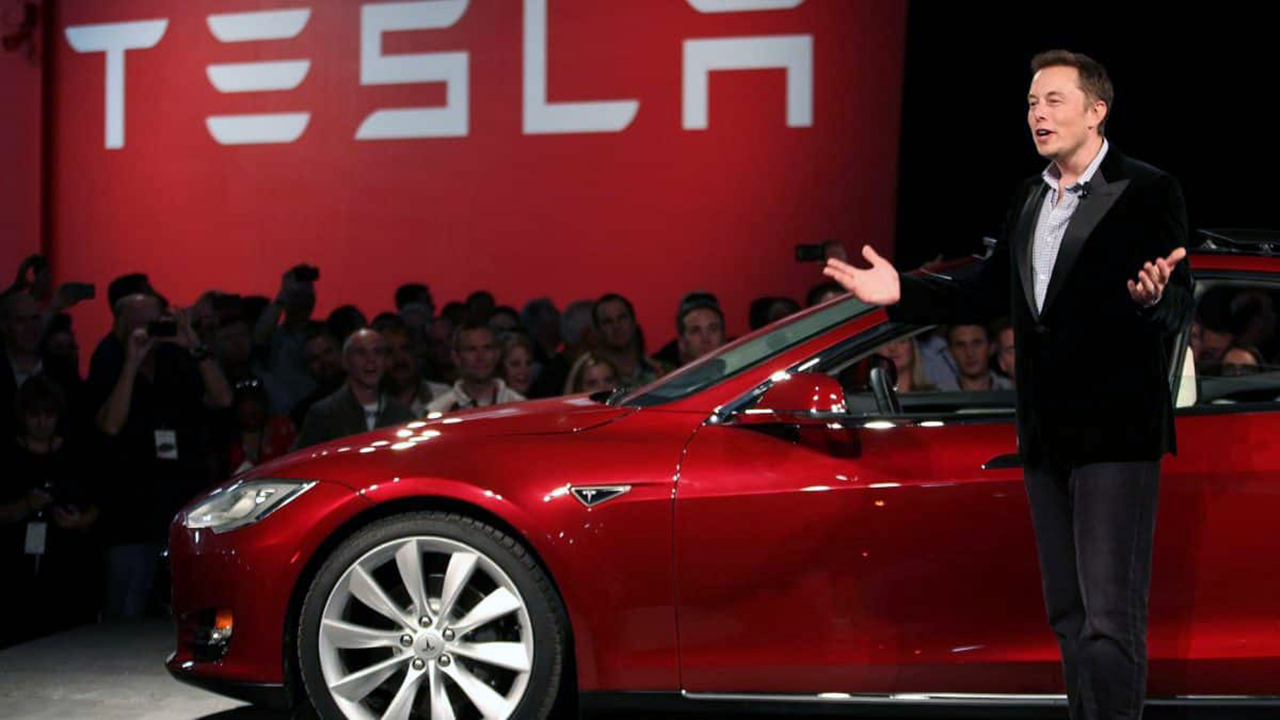… says perennial AAPL bull, Piper Jaffray’s Gene Munster.
This would put Apple at a $1 trillion market capitalization. Can the company get there? I think it can but it will depend on the types of products that are released in 2013. There needs to be a new driver in there which adds on to the whole growth story. If they enter the living room with the highly anticipated branded television panel (something I believe they might do but primarily in the 4K ultra definition category) and/or console (an enhanced version of the current Apple TV), I believe this will broaden their overall ecosystem even more.
The key in that 4K area though will be ultra definition content where there will be distribution challenges because at that point, bandwidth limitations will become an issue. Apple is foregoing physical media storage as the delivery mechanism meaning streaming or downloading of media. Apple’s iCloud is a fundamental part of that strategy. The current bottleneck is the pipes at the customers premise as well data caps imposed by service providers.
Using current day CODEC’s like H.264 (which are bit rate efficient but processor intensive), a typical 1 hour 720p video with a total bit rate of 4Mbps (audio + video) clocks in at around 1.76GB while a 1080p video with a total bit rate of 8Mbps (audio + video) would clock in at around 7-9GB. 4K ultra definition native video would obviously be somewhere in the 25+GB range and require some seriously fast pipes as well as storage space unless video compression encoders see some major advancements (with lower levels of bit rates at the expense of being even more processor intensive in order to decode them in real time).
This isn’t just an Apple only challenge; it’s an industry wide one as we move towards higher resolution “retina display” panels for both computing devices and television. But like with any advancement, comes innovation as well as the potential to change outdated/moded business models. This translates into opportunities which could have a Darwinian effect for companies which are caught flat footed. We’re seeing this right now with the new iPad and how it is being limited by the low data caps imposed by the carriers. Wide area wireless technologies like WiMAX would have been a natural fit as far as providing the needed competition against terrestrial wired networks like cable and DSL (which are of no use when we are talking mobile). But both AT&T and Verizon Wireless own a chunk of the spectrum in the U.S. and decided to use it to deploy LTE instead, with each doing so on different frequency bands (leading to the current need for two different models of iPad since there is currently no mobile chipset which incorporates all the different radios – and it gets worse on a worldwide basis when it comes to the different frequency bands utilized).
Both cable and DSL (wired) data bandwidth is limited in the North American market compared to the sort of wired data bandwidth available in Asian and European countries (where 100Mbps has been common for years now). FiOS in the U.S. is still limited in its deployment as are the service tiers. In otherwords, the U.S. is only going to continue to fall behind in terms of broadband bandwidth because the cable and DSL service providers are the one who are holding things back. High speed wide area wireless would have provided the much needed competition to break both the telephone and cable companies hold in this area. Maybe WiMAX (or some other tech) can still play a role as mobile devices (and their capabilities as well as ability to consume higher quality media increases).
The point of the above off-tangent paragraphs is that the road to $1,000 isn’t going to be easy because there are external elements outside of Apple’s control which could initially place limits on the potential capabilities of the sort of devices which they might release in this 2013 and 2014 timeframe. The technological innovations could of course push changes but the results of that will be more latent unless there is cooperation beforehand (not a high likelihood since Apple isn’t going to show their hand too early plus there is the issue of certain industries not wanting to lose any sort of control like what happened with Apple and the music industry).




2 Comments